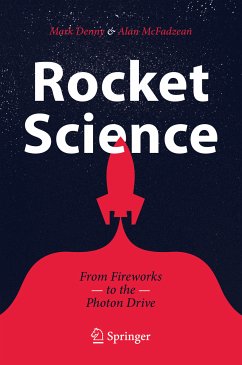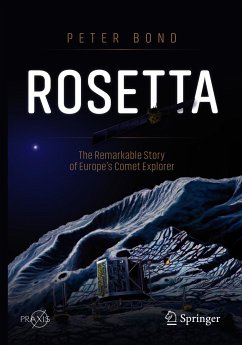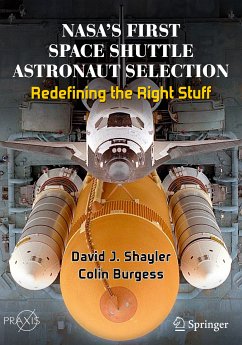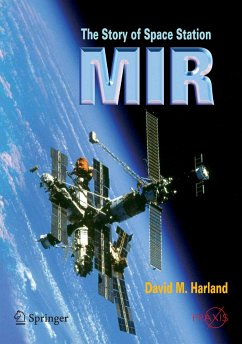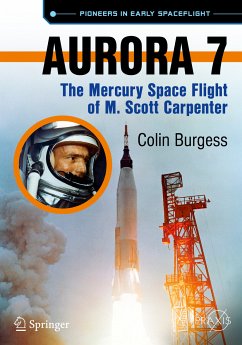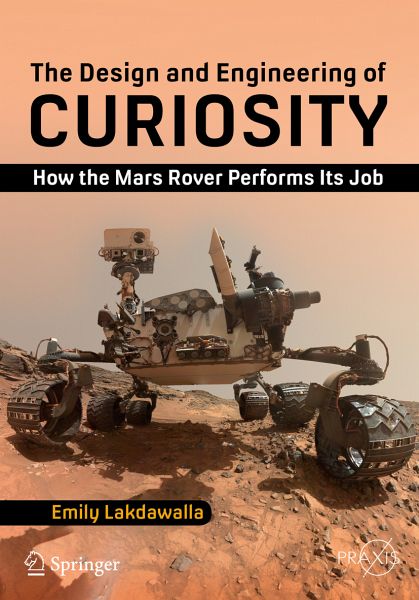
The Design and Engineering of Curiosity (eBook, PDF)
How the Mars Rover Performs Its Job
Versandkostenfrei!
Sofort per Download lieferbar
26,95 €
inkl. MwSt.
Weitere Ausgaben:

PAYBACK Punkte
13 °P sammeln!
Based on interviews with the scientists and engineers who built and now operate the rover
Explains how the rover has actually functioned on Mars, including the wear on its components
Collects a wide variety of otherwise inaccessible information on rover engineering, including corrections to previously published work
Provides a one-of-a-kind reference to a mission that is likely to last for another decade at least, and which will need to onboard numerous scientists and engineers into operational roles
Explains how the rover has actually functioned on Mars, including the wear on its components
Collects a wide variety of otherwise inaccessible information on rover engineering, including corrections to previously published work
Provides a one-of-a-kind reference to a mission that is likely to last for another decade at least, and which will need to onboard numerous scientists and engineers into operational roles
Dieser Download kann aus rechtlichen Gründen nur mit Rechnungsadresse in A, B, BG, CY, CZ, D, DK, EW, E, FIN, F, GR, HR, H, IRL, I, LT, L, LR, M, NL, PL, P, R, S, SLO, SK ausgeliefert werden.



